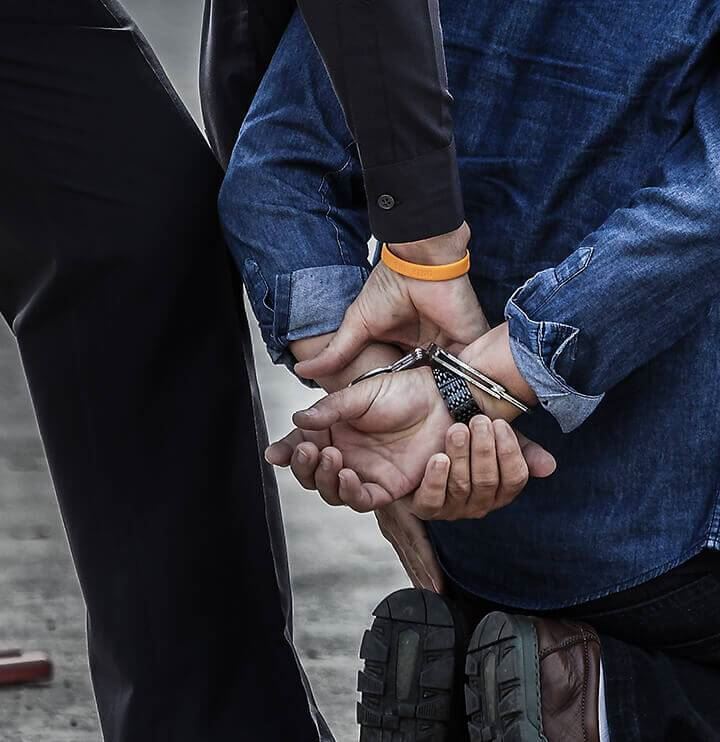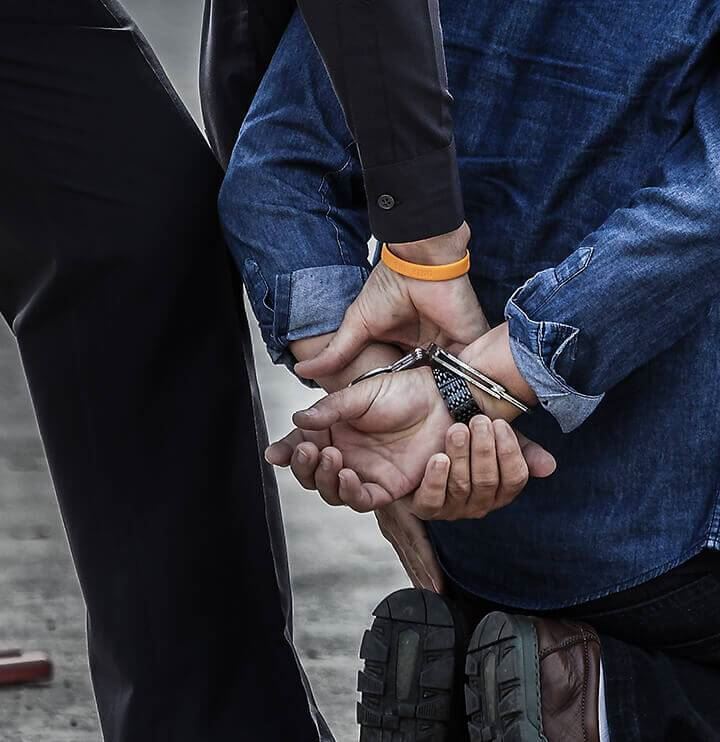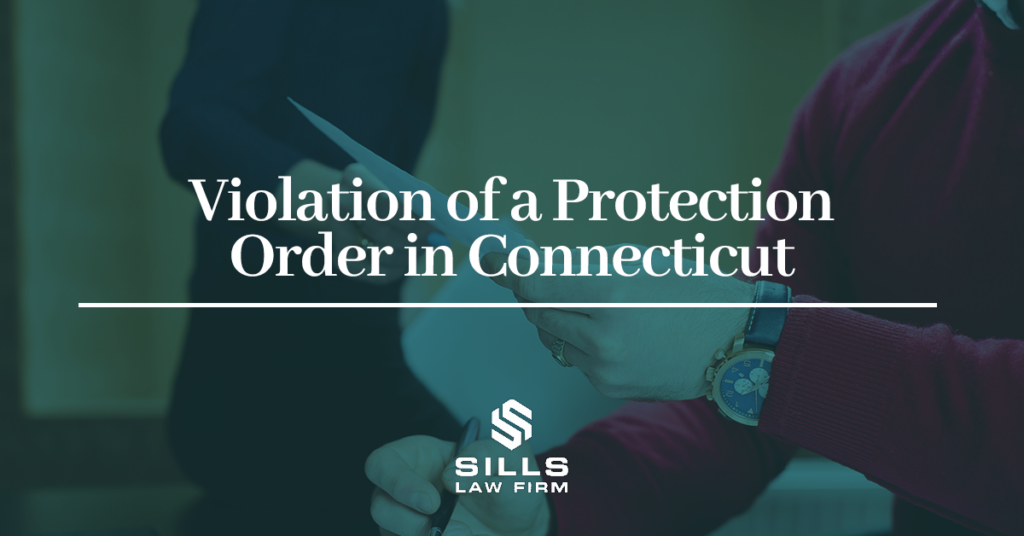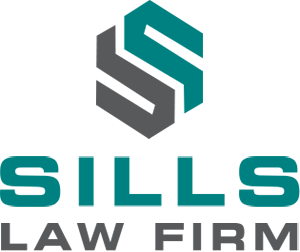Motion to Suppress Evidence in Connecticut
If the police committed an error in your case, your criminal defense attorney can file a motion to suppress with the judge. If the judge grants the motion, the evidence will be inadmissible in court.
Motion to suppress means the prosecution cannot use such evidence against you and the jury will not have a chance to review it. Without key evidence to obtain a guilty verdict, your entire case could be dismissed.
Law enforcement must follow certain rules when making an arrest and conducting a criminal investigation to provide fairness and transparency in the work officers perform, ensure they legally collect evidence and even protect the suspect’s rights.
However, police often make mistakes and unintentionally—and sometimes intentionally—break these rules. When an error occurs, the evidence they gathered by breaking such rules cannot be presented in court.
Common Reasons The Court May Suppress Evidence:
WARRANTLESS SEARCH & SEIZURE OF EVIDENCE
A warrantless search & seizure of evidence is a violation of the Fourth Amendment. The fourth amendment in the U.S. Constitution protects citizens from unlawful search and seizure, whether the search occurs in your home, your car, or your person.
Law enforcement must have a valid arrest warrant, a valid search warrant, or probable cause that a criminal offense has occurred in order to conduct a search and collect evidence.
MOTION TO SUPPRESS STATEMENT OF DEFENDANT
The fifth amendment in the U.S. Constitution gives citizens the right not to incriminate themselves. Police officers must read you your “Miranda rights,” stating that you have the right not to speak with law enforcement and may request a lawyer.
When an officer questions you while in custody without first giving the Miranda warning, anything you say cannot be used against you in court and will be deemed inadmissible.
BROKEN CHAIN OF CUSTODY
From obtaining evidence from a crime scene to presenting it in court, the process of documenting and taking care of the evidence is known as the “chain of custody.” If an error occurs in the chain of custody, the evidence loses credibility and could be thrown out of court.
For instance, let’s say you had your blood drawn to determine your blood alcohol content (BAC) level after a DUI arrest. But the police mix up or mislabel the blood evidence with other samples. Since the chain of custody was improper, the evidence could be inadmissible.
Defense for Motion to Suppress
Having an experienced attorney review the police work for possible errors is a crucial step toward getting your case dismissed. At The Sills Law Firm, we can examine each state of the criminal investigation, from the initial police report and arrest to the evidence they turned over to the prosecution. If we find any flaws, we will quickly file a motion to suppress and protect your rights throughout the legal process.
If you have been arrested for a crime in Connecticut, contact us at (860) 524-8118 and schedule a free consultation today.
Related:






